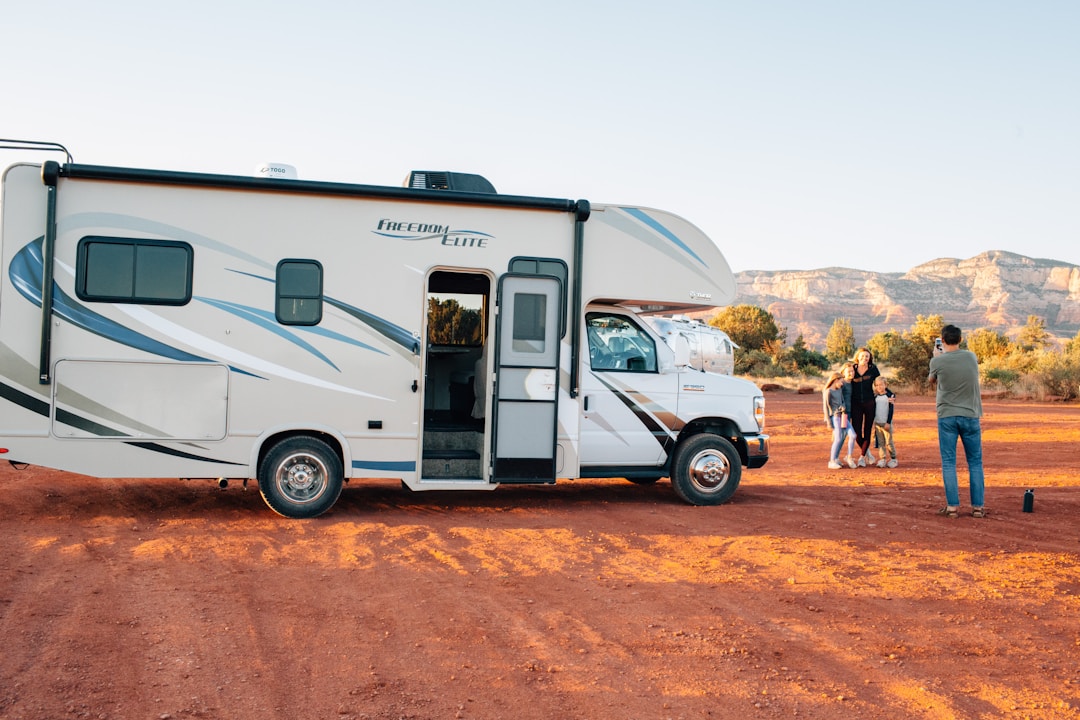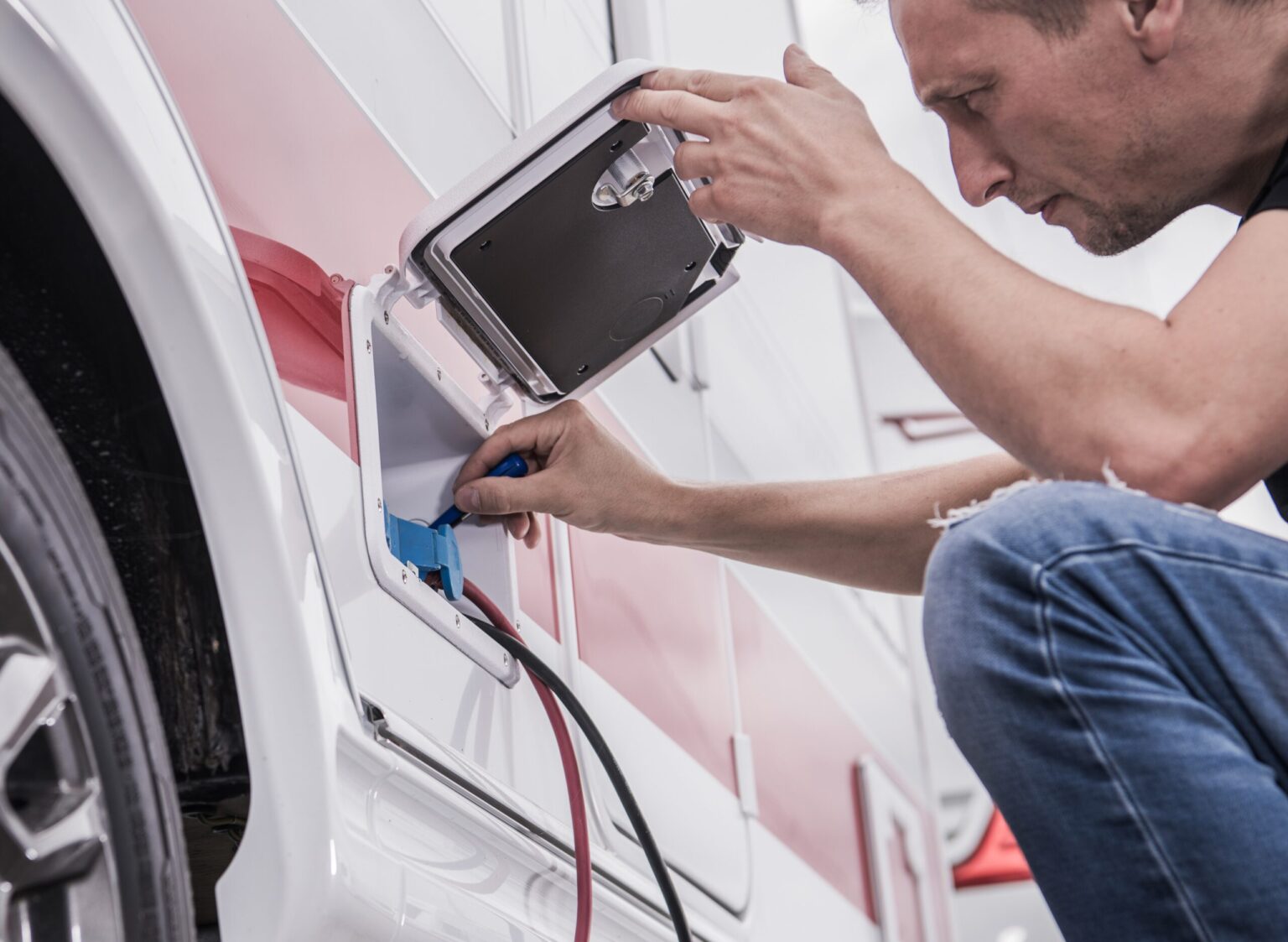Investing in a recreational vehicle (RV) is a big decision that involves considerable financial commitment. An RV provides you with the freedom to hit the open road and enjoy the great outdoors while having the comforts of home. However, the excitement of owning an RV can be dampened by the worry of potentially costly repairs and breakdowns. That’s where an extended warranty for RVs can help. Keep reading to learn about what an extended warranty covers and why it’s an essential investment for your RV lifestyle.
Understanding Extended Warranty Basics

An extended warranty, also known as a service contract, can provide peace of mind to RV owners by offering protection from unexpected repair costs. It’s an agreement between you and the warranty provider, who agrees to pay for specific repairs and parts for a specified period or up to a predetermined mileage limit.
Choosing an extended warranty requires understanding the different types of warranties available. These warranties often fall under two categories: exclusionary and named-component coverage. An exclusionary warranty covers all components except for a list of excluded items, while a named-component warranty covers only the specific parts listed in the contract. Extended warranties also come with various term limit options, such as covering your RV for a certain number of years or miles traveled, depending on the provider and the plan chosen. You can search for “extended warranty for RV” to find the right warranty for your needs and budget.
Keep in mind that an extended warranty is not the same as an insurance policy. While insurance covers damages resulting from accidents, theft, and weather events, an extended warranty focuses solely on mechanical failures and repairs that aren’t related to an accident or natural disaster.
Components Covered by Extended Warranties
Depending on the type of extended warranty selected, various components and systems might receive coverage. Most extended warranties for RVs cover major mechanical and electrical, such as engine and transmission systems, air conditioning and heating systems, powertrain components, and water heaters. In addition, some providers may offer coverage for appliances like refrigerators, stoves, and ovens. Here is a list of the most common components and systems covered in extended warranties include:
- Engine and transmission: These are two of the most significant and complex components of an RV, and their repairs can be extremely costly. An extended warranty covering these vital aspects can save you a lot of money in the long run.
- HVAC system: Heating and air conditioning systems in an RV are critical for maintaining a comfortable living environment, and extended warranties often cover these components.
- Electrical systems: With the complexity of RV electrical systems, from wiring and lighting to slide-outs and leveling systems, an extended warranty covering these aspects can be beneficial in solving any electrical problems.
It’s important to note that extended warranties do not cover damages caused by wear and tear or normal usage. Additionally, each warranty plan has different coverage options and exclusions, so it’s important to read through the terms and conditions of each plan before making a decision. Make sure to compare multiple providers to find an affordable plan that offers comprehensive coverage for the components that are most important to you. With the right extended warranty plan, you can enjoy your RV travels without worrying about unexpected repair costs.
More Than Just Mechanical Coverage
While most extended warranties focus on mechanical failures, many also offer additional benefits to enhance your RV ownership experience. These benefits may include:
- Emergency road assistance: If you’re stranded on the road due to a breakdown, your extended warranty provider might offer towing, lock-out services, flat tire assistance, or fuel delivery.
- Trip interruption coverage: Should a covered breakdown occur while you’re on the road, your extended warranty may provide accommodation and meal reimbursement while your RV is being repaired, ensuring that your traveling experience isn’t completely ruined.
- Concierge services: Some extended warranty providers offer concierge services to help with restaurant reservations, event tickets, or vacation planning to make your RV lifestyle more enjoyable.
Understanding Exclusions and Limitations

Despite the numerous benefits offered by extended warranties, it’s essential to understand that they might not cover everything. Common exclusions and limitations range from wear-and-tear items, pre-existing conditions, and regular maintenance to modifications or repairs performed by unauthorized or unqualified service providers.
Always read the fine print and fully understand the terms and conditions of your extended warranty before making any decisions. This way, you’ll know what is covered and what isn’t, avoiding any unpleasant surprises during a claim process.
Additionally, it’s crucial to note that you have to maintain your RV according to the manufacturer’s recommended schedule for your extended warranty to remain valid. Skipping maintenance tasks or failing to document their completion can result in denied warranty claims.
Finding the Right Extended Warranty Provider
When seeking an extended warranty for your RV, it’s vital to research different providers, their plans, and customer reviews. Look for a provider that offers comprehensive coverage at a reasonable price, but also one with a history of easy claim processing and excellent customer support.
When choosing an extended warranty for your RV is to consider what type of coverage you need. Some warranties only cover specific parts or systems, while others provide comprehensive coverage for all major components. You should also consider the length of the warranty and the cost of deductibles and premiums.
Another important factor to consider is the reputation of the warranty provider. Look for a provider with a history of paying claims promptly and fairly, and check online reviews and ratings from other RV owners. It’s also worth considering the level of customer service provided by the provider, such as whether they offer 24/7 support or have a user-friendly claims process.
Before committing to a provider, compare coverage options and prices to find the right balance between affordability and protection. Pay close attention to any deductibles that may apply to each plan, as they can vary significantly between providers and warranty options.
Ask fellow RV owners about their experiences with warranty providers. In addition, online forums and review websites can also help you determine which provider best suits your needs and budget, ensuring you get the most value from your extended warranty investment.
Choosing an Extended Warranty

Whether an extended warranty is for you depends on several factors, such as the type of RV you own, its age, and your mechanical repair skills. If your RV is new or has a high likelihood of mechanical issues, an extended warranty can be a worthwhile purchase.
Additionally, if you’re not mechanically inclined or don’t have the time to handle repairs yourself, an extended warranty can be a tremendous asset in keeping your RV running smoothly. However, if you feel confident in your ability to fix minor issues and have an older RV with minimal risk of major problems, you might decide to forgo an extended warranty. Ultimately, the decision is a personal one based on balancing repair cost risks with budget considerations and peace of mind.
An extended warranty for your RV can provide valuable coverage and protection against costly unforeseen repairs. By understanding what these warranties cover, their exclusions and limitations, and how to choose the right provider and plan, you can ensure that you make the most informed decision about whether an extended warranty is right for your RV and your lifestyle.





